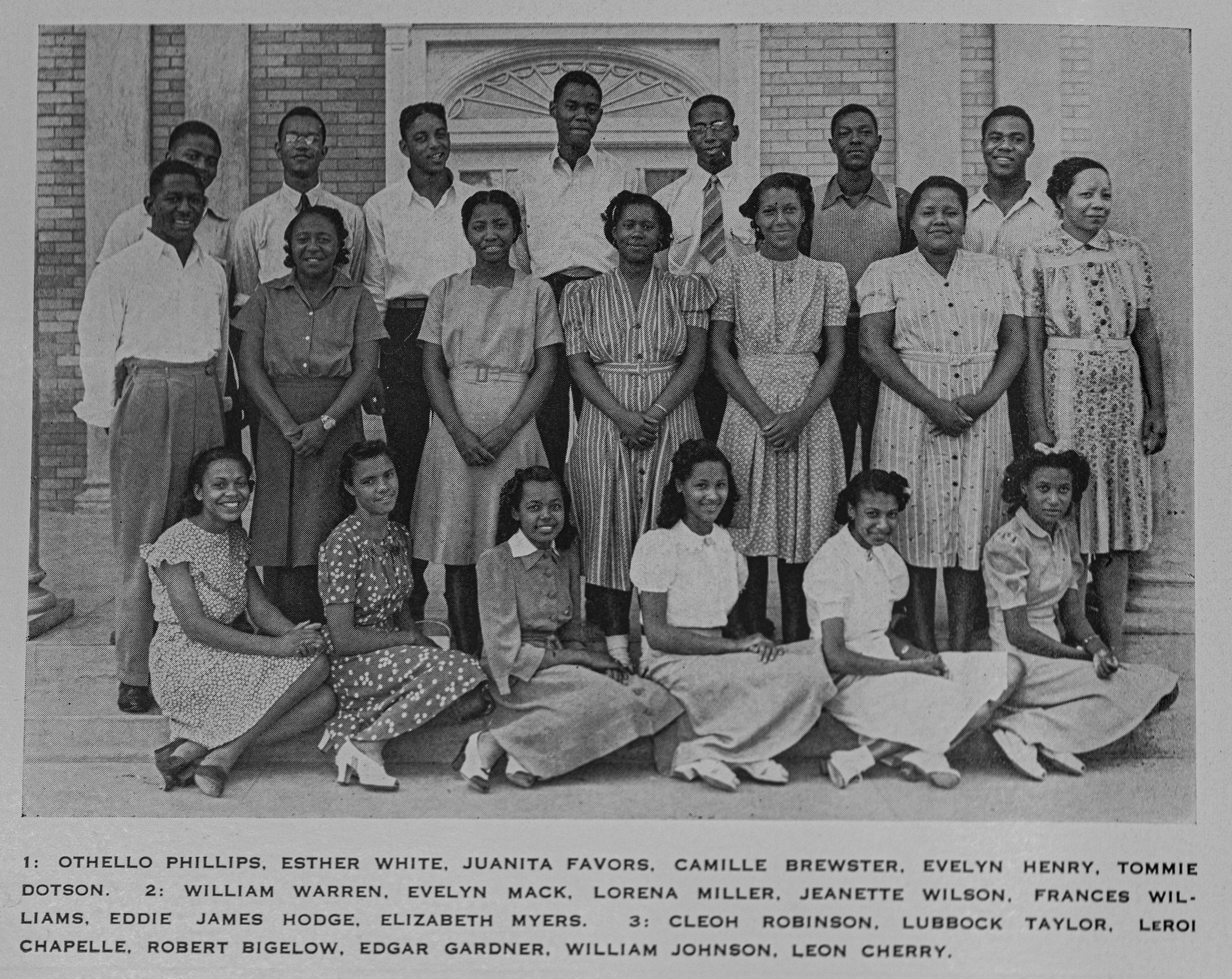Black Memory and Storytelling Symposium Day 2: Archives and Storytelling 101 Workshops

Event description
- Academic events
- Family friendly
- Open to the public
ASU Library’s Black Collections, a new archival repository within the Community-Driven Archives (CDA) Initiative, is committed to empowering and centering the lived experiences and knowledge of Black and African American communities who are breaking cycles of erasure. This two-day symposium on April 20 and 22 will bring together ASU faculty, students, archivists and community memory keepers to reimagine 21st century archives as spaces of inclusion and justice.
View the program and speaker biographies.
Black Memory and Storytelling Symposium Day 2: Archives and Storytelling 101 Workshops
Saturday, April 22
10 a.m. to 3 p.m.
Burton Barr Central Library, Pulliam Auditorium
Register for workshops.
Archives 101 Workshop
Learn how to be a Community Archivist and preserve Arizona history for future generations. Jessica Salow, assistant archivist of Black Collections at the ASU Library will share how to organize and store your photographs, documents and artifacts. Participants will receive an "Archive Starter Kit" that contains preservation information and archival supplies (acid-free box, folders, mylar and gloves).
Our Journeys Have a Name: Storytelling as Art, Healing and Justice Workshop
Storytelling is a defiant art one can use to break silences, stand proudly in our truths and honor our lived and collective experiences. Storytelling allows us to draw strength from generational resilience in the face of historic trauma, erasure and injustice. Centered upon Black experience, specifically “Black Joy,” as inspired by Tracey Michae’l Lewis-Giggetts, this workshop invites participants to explore storytelling in ways that allows for the complexities of our full selves and lived journeys to be present. When we give name to our experiences we reclaim our past, re-define our present and re-imagine our future.
Participants will be introduced to different methods of storytelling art including oral tradition, reflective journaling, written poetry, spoken word performance and digital & visual media. Participants will appreciate the role of storytelling as healing medicine, tools of resistance, community memory-keeping and bold acts of self-recreation. Please bring writing materials.
Trigger Warning (TW): Topics covered will involve storytelling as a method of healing from issues of gender-based/racial violence, holistic grounding techniques and art as a form of releasing trauma.
“Our joy and our trauma both sit on a continuum. There isn’t one or the other. There isn’t a binary. The complexities of our experiences mean that our joy can live just underneath pain. In fact, it can live alongside it.” - Tracey Michae’l Lewis-Giggetts from “Black Joy: Stories of Resistance, Resilience and Restoration”
Facilitated by: Leilani Clark, Afro-Indigenous (Santa Clara Pueblo/Diné-Navajo) poet, filmmaker, performance artist and community organizer
Black Memory and Storytelling Symposium Day 1: Presentations
Thursday, April 20
8:30 a.m. to 4:30 p.m.
Hayden Library, Room 236 and Zoom
Learn more and register for presentations.
Image credit: The Dunbar Social and Literary club, Sahauro Yearbook, 1940. LD 179.47 .S3 1972 University Archives, ASU Library.

